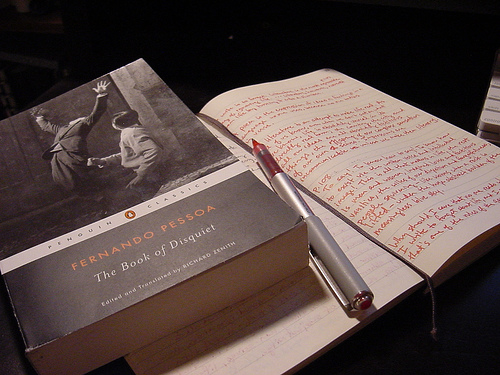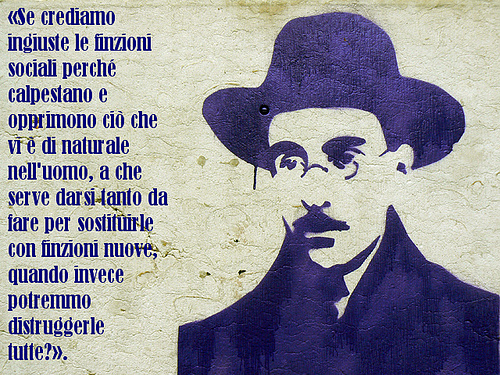“If after I die, people want to write my biography, there is nothing simpler. They only need two dates: the date of my birth and the date of my death. Between one and another, every day is mine.”
Fernando Pessoa
Unlike French literature or British literature, Portuguese literature is not that famous and it still needs to be widely recognized among foreign people. Ask someone to name at least one British writer, they will momentarily say, William Shakespeare and even name a few of his works, “Romeo and Juliet” and “Hamlet” in the first places, ask someone to name a French writer, and you will hear the name of Victor Hugo with his great work “The Hunchback of the Notre-Dame,” but ask someone to name a Portuguese writer and it is highly likely your question will face silence.

We are not going to cover all Portuguese writers in this post, but will rather focus on one writer whose works are amazing. People who know Portuguese and can understand the original text will hurry to confirm what I say, but still the translations are not less impressive. We are going to speak about Fernando Pessoa, one of the greatest poets of the 20th century whose presence can be still felt in “A Briasileira” cafe.
Fernando Pessoa is a Portuguese poet, writer, translator and philosopher, whose “The Book of Disquiet” has been named the fourth most sold book on Amazon.com. Fernando was born on June 13, 1888 in capital Lisbon. At the age of 5, Fernando lost his father, and a year later his brother. Fernando’s mother married the second time and soon they left for South Africa, since his stepfather was appointed Portuguese Consul in Durban.

Fernando went to a Catholic grammar school. Already at the age of 11 he was fluent at English and loved English literature. Following it Fernando started writing and his essays and poems were being recognized the best and thus, he received a number of awards. Interestingly, he was using different pennames. Pessoa was greatly influenced by William Shakespeare, John Milton, Lord Byron and so on.
At the age of 17 Fernando returned to Lisbon. It was in 1905. The purpose of his return was to study diplomacy but left the studies incomplete. The striking point in Pessoa’s career was in 1912. The poet wrote a critical essay which caused much debate and discussion. The essay was published in “A Aguila” cultural journal. In 1915, along with other writers, Fernando set up Orpheu literary magazine.
Fernando Pessoa died at the age of 47 in the Portuguese capital leaving a huge heritage, which bears immense significance for Portuguese literature.


